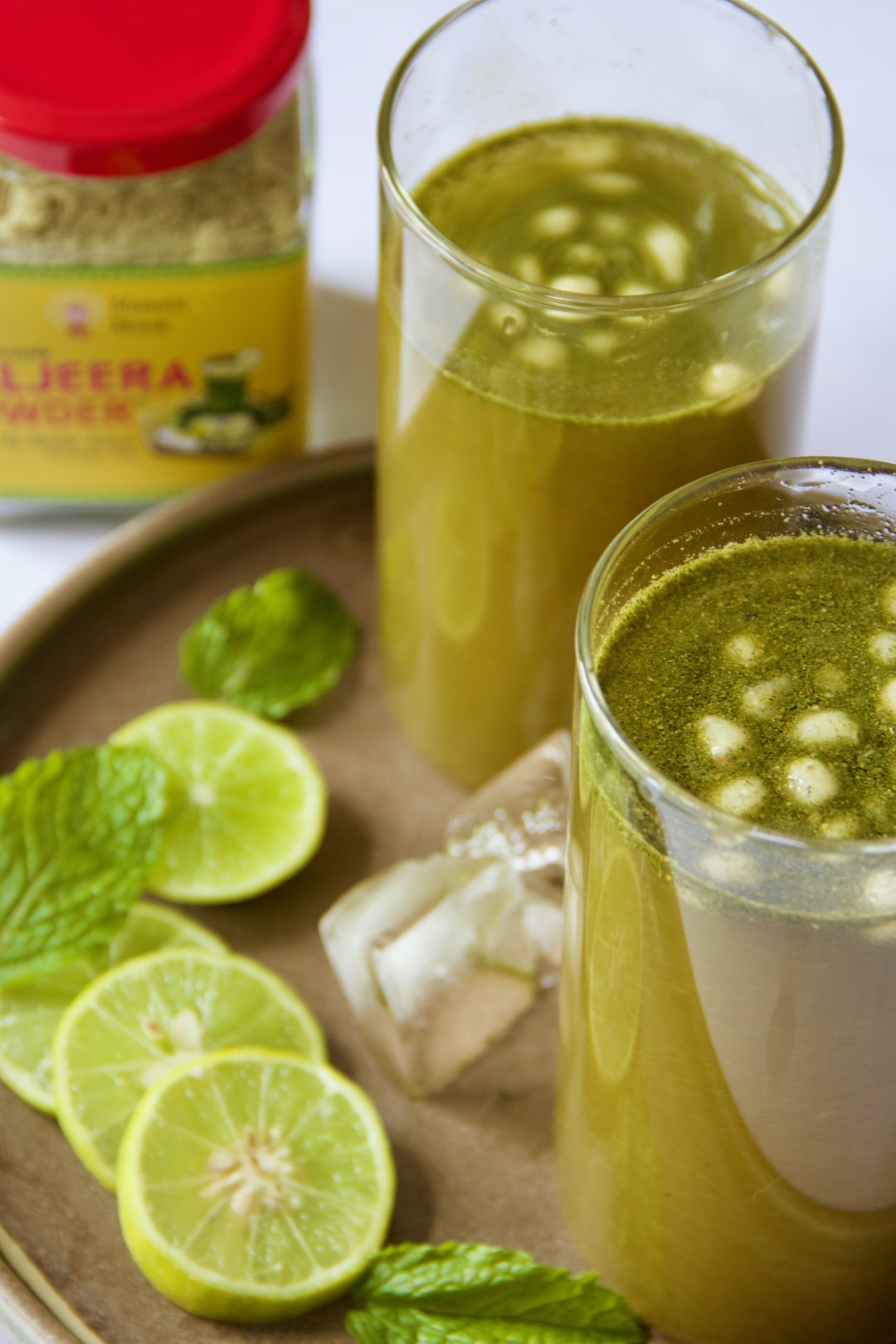
If you’re on a weight loss journey, you might be seeking natural and effective ways to support your goals. Look no further than turmeric and its active compound curcumin. Renowned for their vibrant color and extensive health benefits, turmeric and curcumin have gained attention for their potential role in weight management. In this post, we will explore the scientific evidence behind turmeric curcumin’s impact on weight loss and how you can incorporate it into your routine to maximize its benefits. Get ready to unlock the potential of turmeric curcumin and achieve your weight loss goals. Let’s dive in! 🌿💪
🔥 Understanding Turmeric Curcumin and Weight Loss 🔥 Turmeric is a spice derived from the Curcuma longa plant, while curcumin is the primary active compound within turmeric. Curcumin has been extensively studied for its numerous health benefits, including its potential impact on weight loss. It possesses anti-inflammatory, antioxidant, and metabolic-boosting properties that can contribute to a healthier body weight and improved body composition.
🌡️ Metabolism Boost and Fat Burning 🌡️ One of the key ways in which turmeric curcumin may support weight loss is by enhancing metabolism and promoting fat burning. Curcumin has been found to increase thermogenesis, which is the process by which the body generates heat and burns calories. This can result in an elevated metabolic rate and increased calorie expenditure, ultimately aiding in weight loss efforts.
🍽️ Appetite Regulation and Calorie Control 🍽️ Another potential benefit of turmeric curcumin is its impact on appetite regulation. Curcumin has been shown to influence hormones and enzymes involved in appetite control, potentially helping to reduce cravings and promote feelings of fullness. By supporting calorie control and portion management, turmeric curcumin may contribute to weight loss by preventing overeating and supporting a balanced energy intake.
🌱 Reducing Inflammation and Supporting Metabolic Health 🌱 Chronic inflammation can interfere with healthy metabolism and contribute to weight gain. Turmeric curcumin’s powerful anti-inflammatory properties can help reduce systemic inflammation, potentially improving metabolic health and supporting weight loss. By addressing the underlying inflammation, turmeric curcumin may provide a holistic approach to weight management.
🍽️ Incorporating Turmeric Curcumin into Your Routine 🍽️ To harness the potential benefits of turmeric curcumin for weight loss, there are several ways to incorporate it into your daily routine:
1️⃣ Turmeric Curcumin Supplements: Consider adding a high-quality turmeric curcumin supplement to your regimen. Look for supplements that contain standardized curcumin extracts for optimal potency and bioavailability.
2️⃣ Turmeric Golden Milk: Prepare a soothing cup of turmeric golden milk by combining turmeric powder, a pinch of black pepper, and a plant-based milk of your choice. Heat the mixture and add a natural sweetener like honey or maple syrup to taste.
3️⃣ Turmeric in Cooking: Add turmeric powder to various dishes such as curries, stir-fries, soups, and roasted vegetables to enhance their flavor and reap the potential benefits of curcumin.
4️⃣ Turmeric Tea: Brew a refreshing cup of turmeric tea by steeping turmeric powder or fresh grated turmeric root in hot water. Add lemon juice and a natural sweetener if desired.
🌿💪 Embrace Turmeric Curcumin for Weight Loss Success While turmeric curcumin shows promise in supporting weight loss efforts, it’s important to remember that it is not a magic solution. Sustainable weight loss requires a comprehensive approach that includes a balanced diet, regular physical activity, adequate sleep, stress management, and healthy lifestyle choices. Incorporate turmeric curcumin into your routine as a supportive tool, and enjoy the potential benefits it offers on your weight loss journey.












